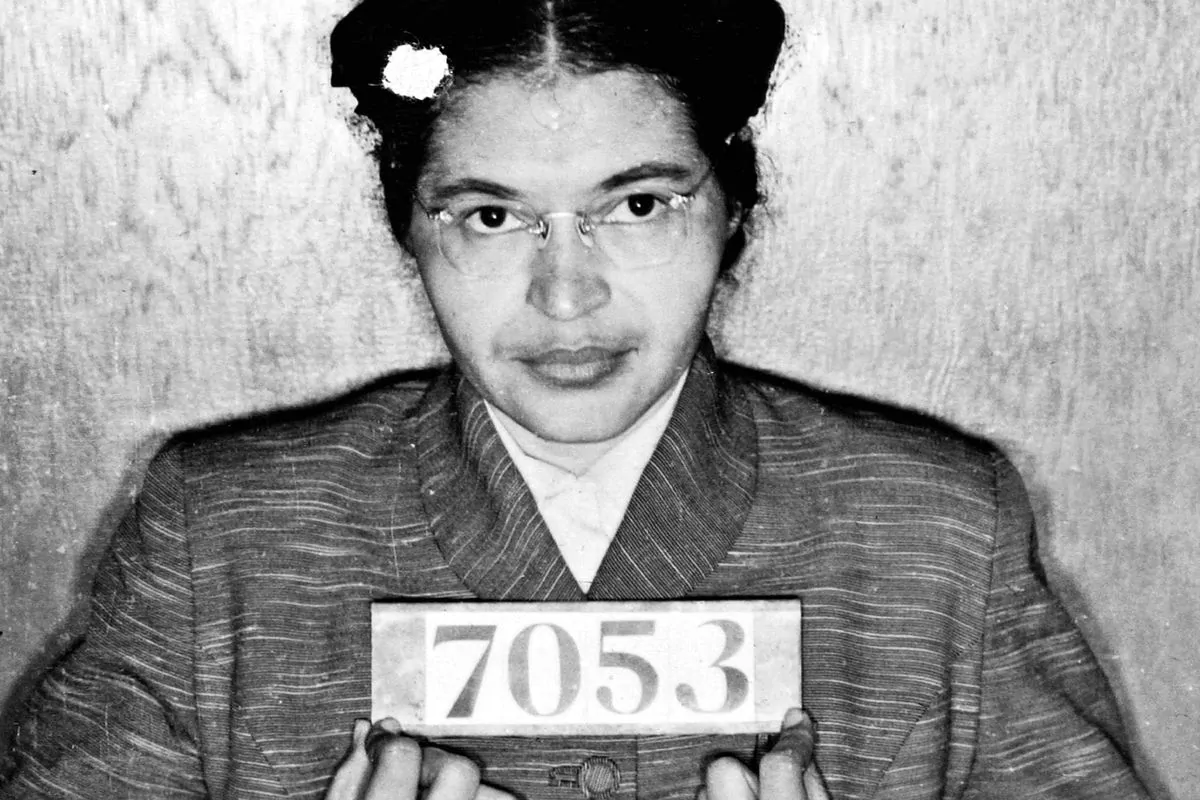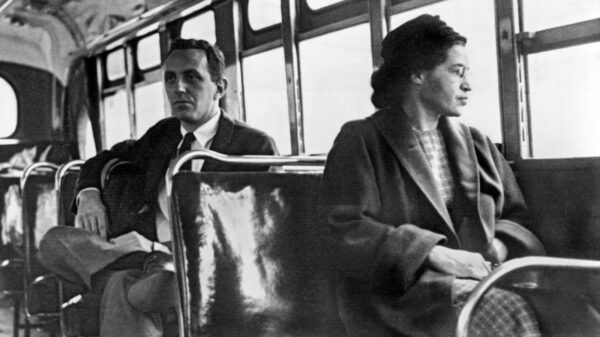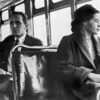On Dec. 1, 1955, Rosa Parks’ refusal to relinquish her bus seat in violation of segregation laws in Montgomery changed the course of history. Parks’s arrest for refusing to surrender her bus seat to a white man sparked a 381-day bus boycott led by Dr. Martin Luther King Jr.
Far from being a diminutive seamstress who was weary from her work in a downtown department store, she was a political organizer and activist. At the time of her arrest, Parks served as a member of the Montgomery Voters League and secretary of the local chapter of the NAACP.
As she later wrote in her autobiography, “People always say that I didn’t give up my seat because I was tired, but that isn’t true. I was not tired physically, or no more tired than I usually was at the end of a working day. I was not old, although some people have an image of me as being old then. I was forty-two. No, the only tired I was, was tired of giving in.”
The world will long remember Parks’s courage in the face of injustice.



















































